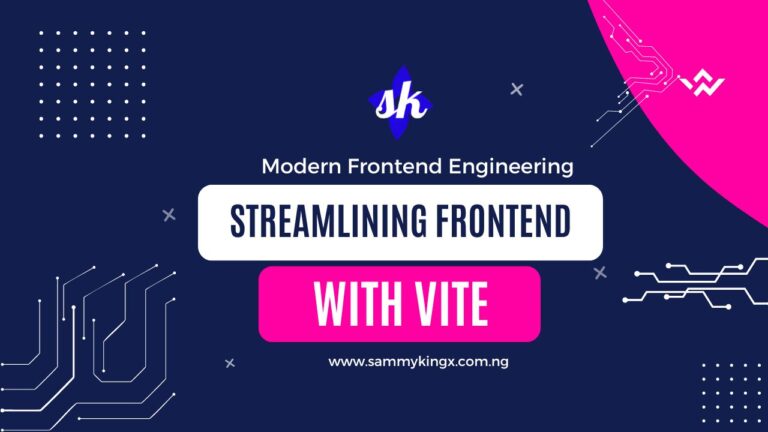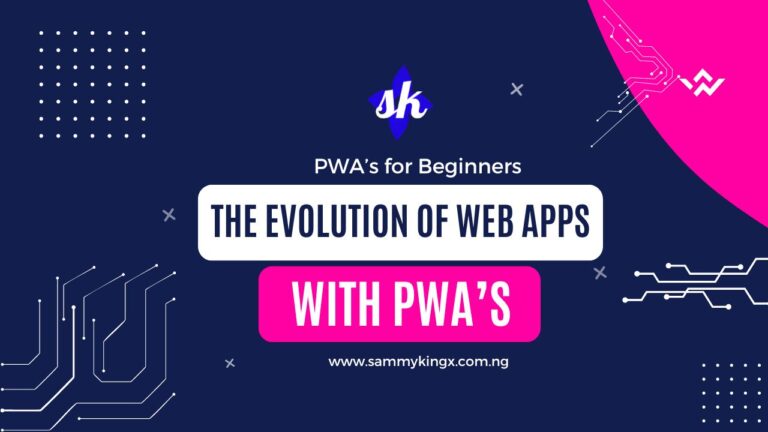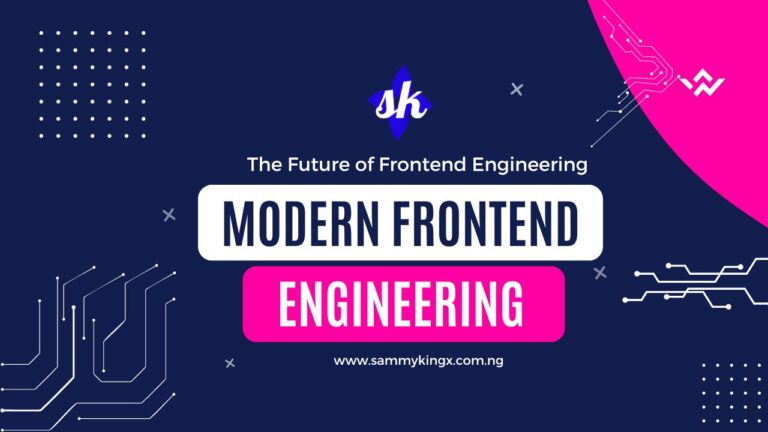Book Appointment Now
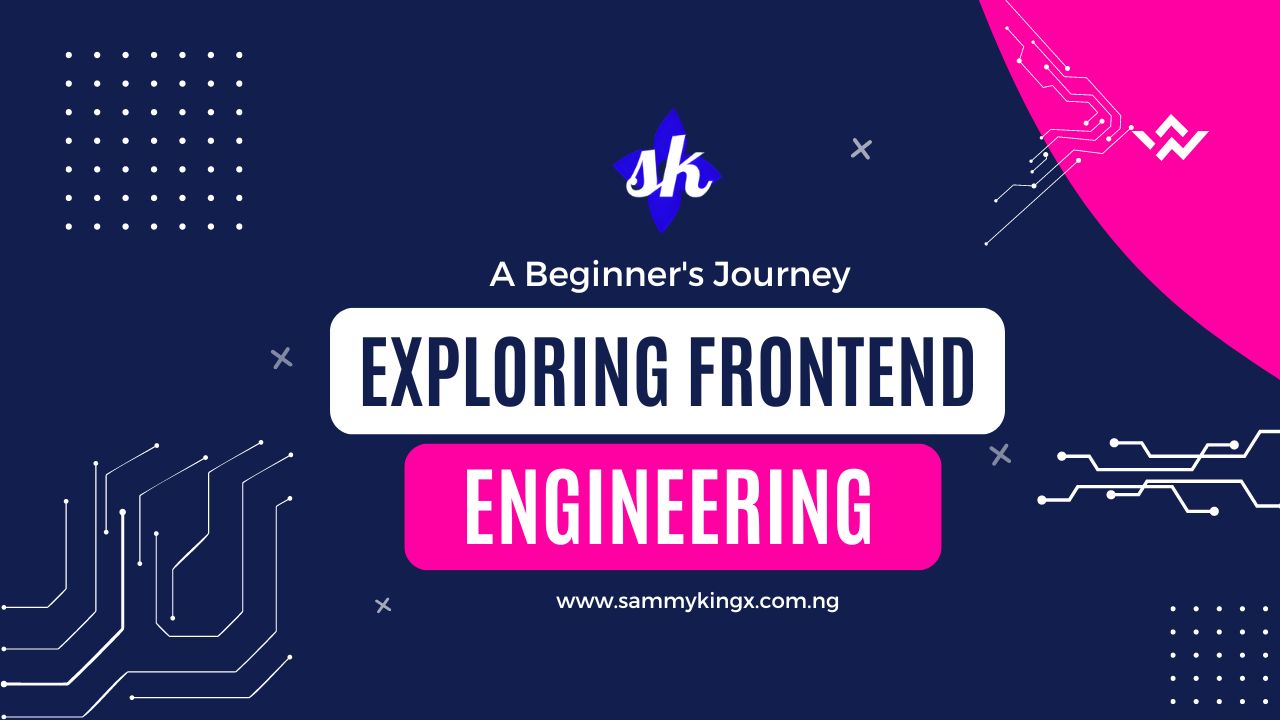
Frontend Engineering for Beginners
Welcome, novice adventurer, to the exciting realm of frontend engineering! It’s time to embark on a journey where creativity meets technology, and together, they craft the digital experiences that captivate and inspire. As a beginner, you hold the potential to shape the future of web interactions, and we’re here to guide your first steps. So, without further ado, let’s dive right in!
Unlocking the Magic of Frontend Engineering
Think of frontend engineering as the art of crafting the visible part of a website or web application. It’s like being a master painter, carefully designing and creating the user interface that visitors interact with. Frontend engineers build the bridges that connect users to the digital world, ensuring a seamless and captivating experience.
The Toolbox of a Frontend Engineer
Every craftsman needs their tools, and a frontend engineer is no different. Here are the essential instruments you’ll need to begin your journey:
- HTML and CSS: These are the bedrock of your craft. Hypertext Markup Language (HTML) is the structure, the skeleton of your web page. Cascading Style Sheets (CSS) bring it to life, adding color, style, and layout. Together, they form the foundation of your creation.
- JavaScript: Think of this as your paintbrush, allowing you to add interactivity and dynamism to your web pages. With JavaScript, you can create responsive elements, slick animations, and complex functionalities that enchant your users.
- Version Control: Git is your trusted companion, helping you keep track of changes to your code. It’s like having an undo button, but better! Git allows you to experiment, collaborate with others, and easily revert to previous versions of your work.
- Web Development Frameworks: Frameworks are like pre-built kits that speed up your development process. They provide a structure and set of tools that save you from reinventing the wheel. Popular options include React, Vue.js, and Angular.
- Design Tools: Frontend engineers often work with design tools like Figma, Sketch, or Adobe XD to create stunning user interfaces. These tools help you visualize and prototype your ideas before writing code.
- Browser Developer Tools: Every modern web browser comes with built-in developer tools. These tools let you inspect and tweak your web pages in real-time, making debugging and optimization a breeze.
Emerging Technologies Shaping the Future
The world of frontend engineering is constantly evolving, and emerging technologies are paving the way for innovative experiences:
- Progressive Web Apps (PWAs): PWAs blend the best of web and mobile apps. They offer features like offline functionality, push notifications, and installability, blurring the lines between web and native apps.
- Voice User Interfaces (VUIs): With voice-activated devices becoming commonplace, voice user interfaces are a growing field. As a frontend engineer, you can explore creating voice-driven experiences using technologies like Amazon Alexa or Google Dialogflow.
- Motion UI and Animations: Bringing movement to user interfaces is an increasingly popular trend. Libraries like Framer Motion or LottieFiles make it easier to incorporate stunning animations and micro-interactions that delight users.
- AR and VR: Augmented Reality (AR) and Virtual Reality (VR) are no longer just futuristic concepts. As a frontend engineer, you can experiment with WebXR frameworks to create immersive experiences, blending the digital and physical worlds.
Skills to Navigate the Frontend Landscape
Beyond technical proficiency, there are essential skills that will light your path and ensure a successful journey:
- Creativity and Design Sensibility: A keen eye for design and a knack for creativity will help you craft interfaces that are not only functional but also aesthetically pleasing.
- Problem-Solving: Frontend engineering often involves troubleshooting browser quirks and code bugs. A methodical approach to problem-solving will serve you well.
- Communication: Clear communication is key when collaborating with designers, backend developers, and stakeholders. Effective communication ensures everyone is aligned and rowing in the same direction.
- Attention to Detail: Small details can make a big difference in the user experience. A meticulous approach ensures your code is robust and your interfaces are polished.
- Learning Agility: The web is ever-evolving, so adaptability is crucial. Embrace a growth mindset and stay curious about new technologies and trends.
Your First Steps into the Frontend World
Now that you’ve glimpsed the exciting possibilities, it’s time to chart your course:
- Start with the Fundamentals: Begin by mastering HTML, CSS, and JavaScript. These are the core languages that form the basis of frontend engineering. Online courses, coding boot camps, and tutorials are great resources for beginners.
- Practice, Practice, Practice: Coding is a skill best honed through practice. Build small projects, replicate existing websites, or contribute to open-source initiatives. The more you code, the more comfortable you’ll become.
- Build a Portfolio: A portfolio showcases your skills and creativity. Include personal projects, experiments, and even contributions to open-source communities. It’s your chance to shine and stand out to potential employers.
- Network and Collaborate: Engage with the vibrant frontend community. Join online forums, attend meetups or conferences (virtually or in-person), and connect with fellow enthusiasts. Collaborating on projects broadens your perspective and expands your network.
- Stay Inspired: Immerse yourself in the latest trends and innovations. Follow influential frontend engineers, read blogs, listen to podcasts, and explore Dribbble or Behance for design inspiration.
Final Thoughts: Embrace the Adventure
The world of frontend engineering is a thrilling and ever-changing landscape, offering endless opportunities to create, innovate, and make a real impact on the digital world. It’s a journey that begins with curiosity, creativity, and a willingness to learn. So, embrace the adventure, keep learning, and never stop exploring. The web is your canvas, and the possibilities are limitless!
Happy coding, and may your frontend adventures be filled with excitement and fulfillment!
Stay tuned as we continue our exploration into the fascinating realms of web development, where together, we’ll uncover more secrets, tools, and emerging trends shaping the future of the web.
